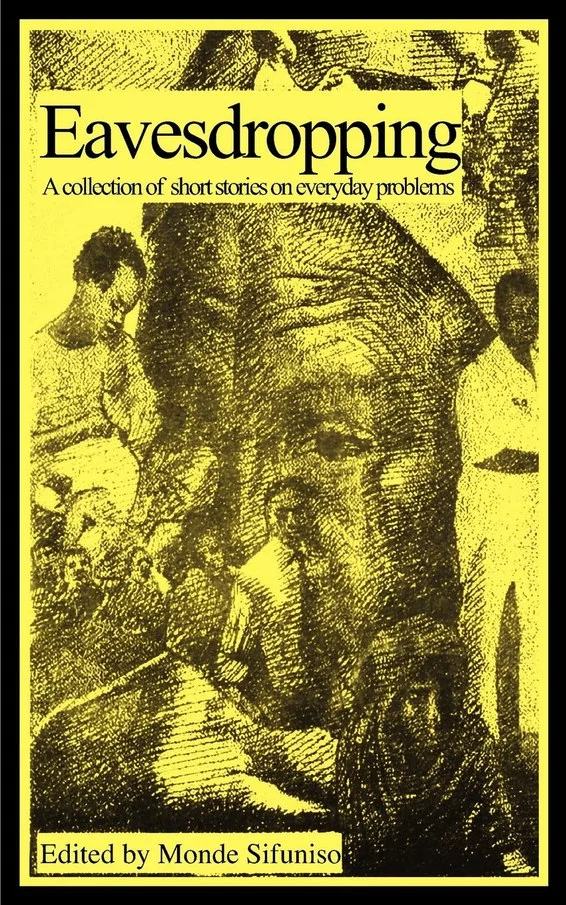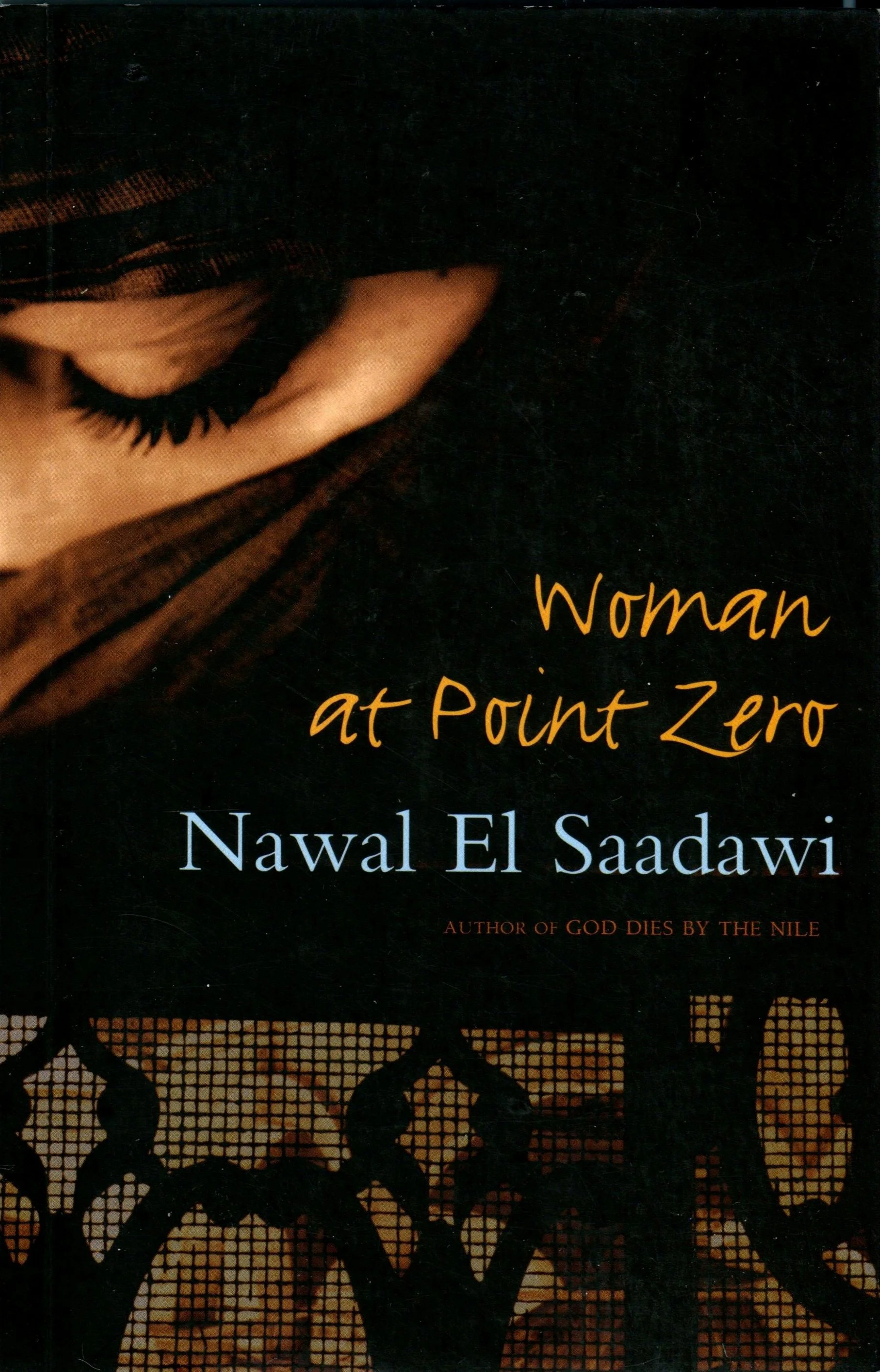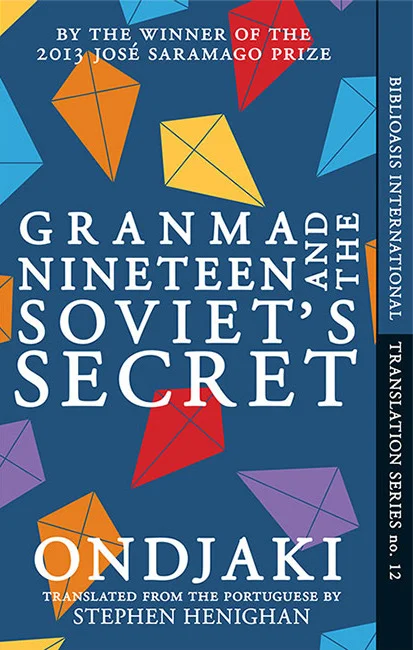Zambia: Eavesdropping (ed. Monde Sifunsio)
?
Background: In the 12th century, the Tonga people settled in Zambia. By the end of the century, a number of kingdoms and empires were established, including the Maravi Empire. Other peoples, including the Mbunda, Nsokolo, the Ngoni, and the Sotho all settled in Zambia between the 18th and 19th centuries. In the late 18th century, the Portuguese made contact. The English came shortly after and in 1890 the British South Africa Company signed a treaty with King Lewanika, bringing the area under English control. In 1897, a group rebelled against British rule, but that was quickly quelled. In 1923, Southern Rhodesia (Zambia) became a British colony (previously held by the BSA Company) until 1953, when the Federation of Rhodesia and Nyasaland (which included Zambia's territory) came into being. The public demonstrated against this from 1960-61, and general unrest grew, as the African minority grew tired of minority rule. In 1962, elections voted in an African majority to the legislature, and resolutions were passed for full self-government. In 1964, Northern Rhodesia became the Republic of Zambia under Kenneth Kaunda, who remained president until 1991. Although the country possessed mineral wealth, there were few Zambians educated or capable of running the government, which has continued to be a source of difficulty, and it wasn't until 1979 that Britain actually recognized Zambia has an independent state. In 1990, riots began against Kaunda, and after an unsuccessful coup, Kaunda reinstated multiparty democracy. After he was removed from office, the economy has continued to stabilize, with foreign investment and trade on the upswing.
This small collection of nine stories was published by the Zambian Women Writers' Collective (which includes men). The quality of the stories is variable; while some are by writers, others are not, and it's very clear that some read like something someone might write in middle or high school. The stories are extraordinarily upsetting: topics include spousal abuse, rape, murder, military abuse, the treatment of barren women, and homosexuality (illegal in Zambia). I would not recommend this book unless you have a heart of steel. I honestly couldn't read for a few weeks after finishing it. It was too sickening.






